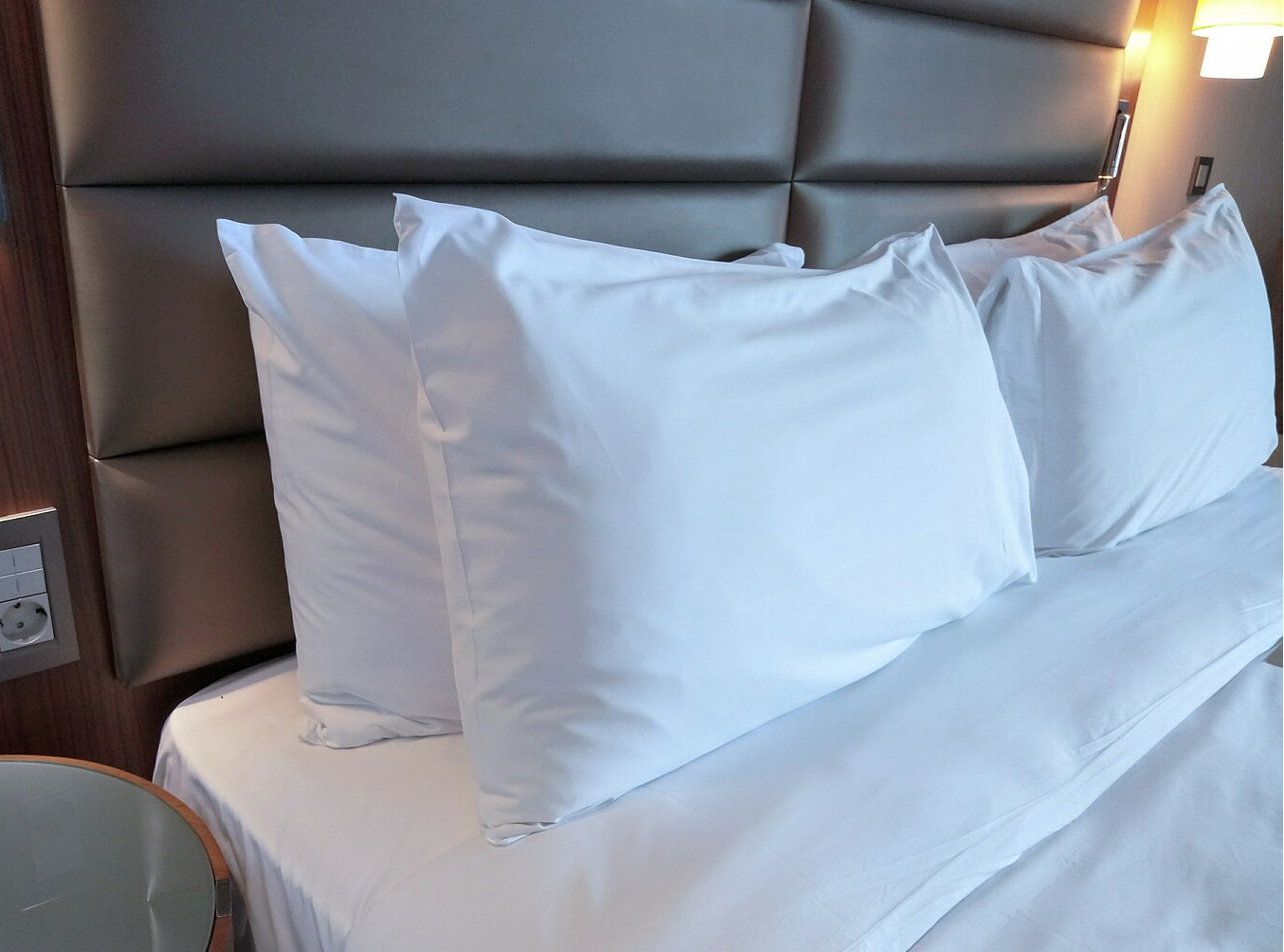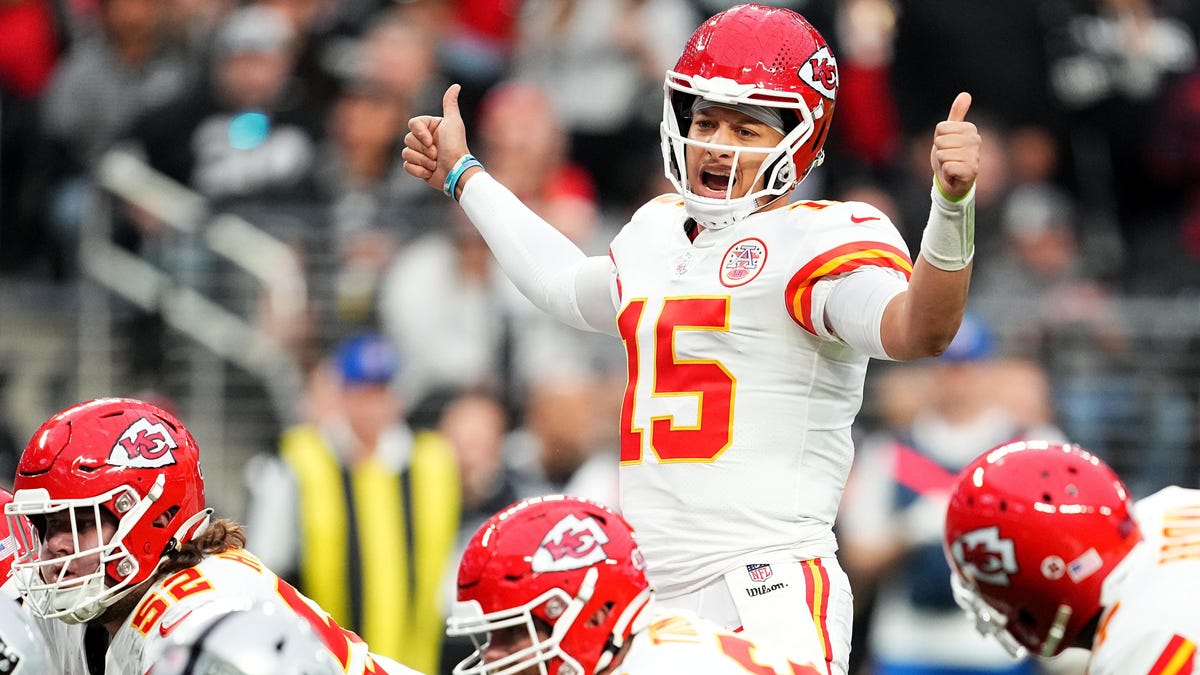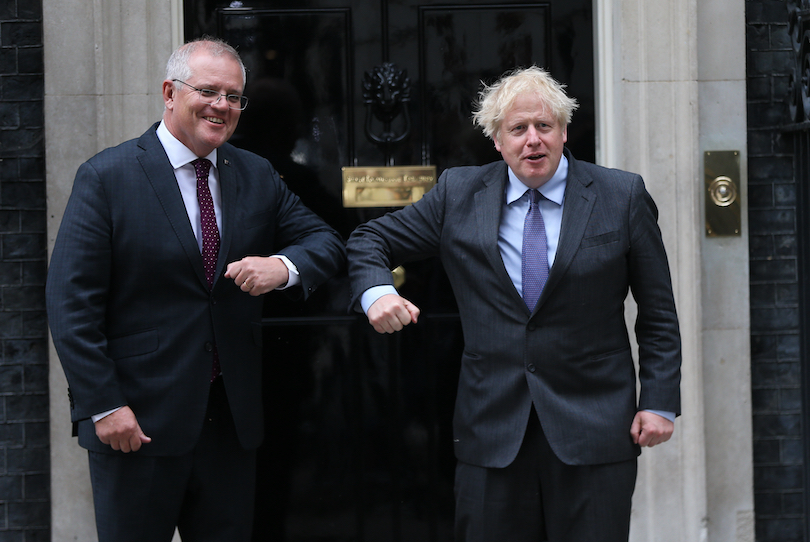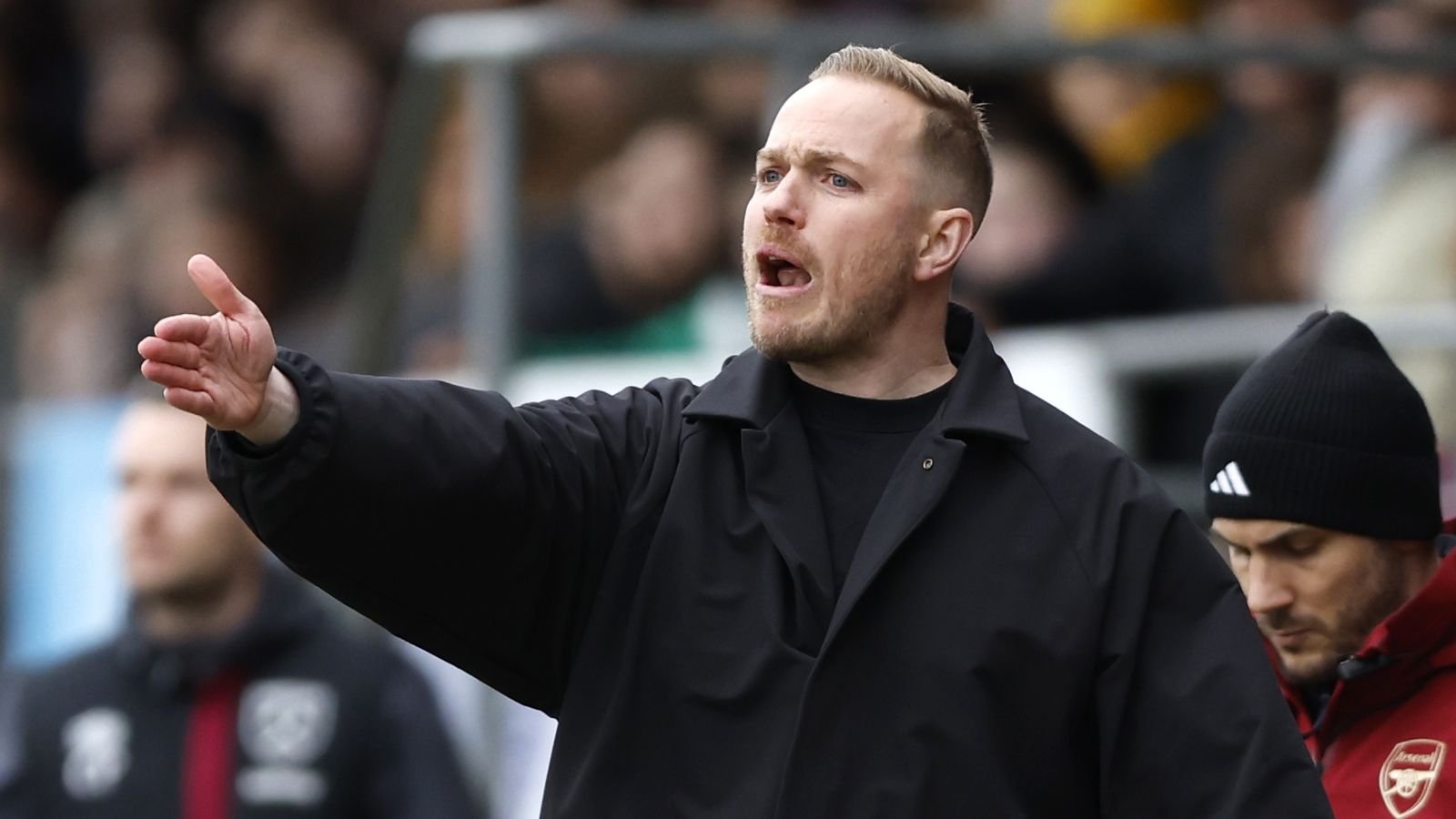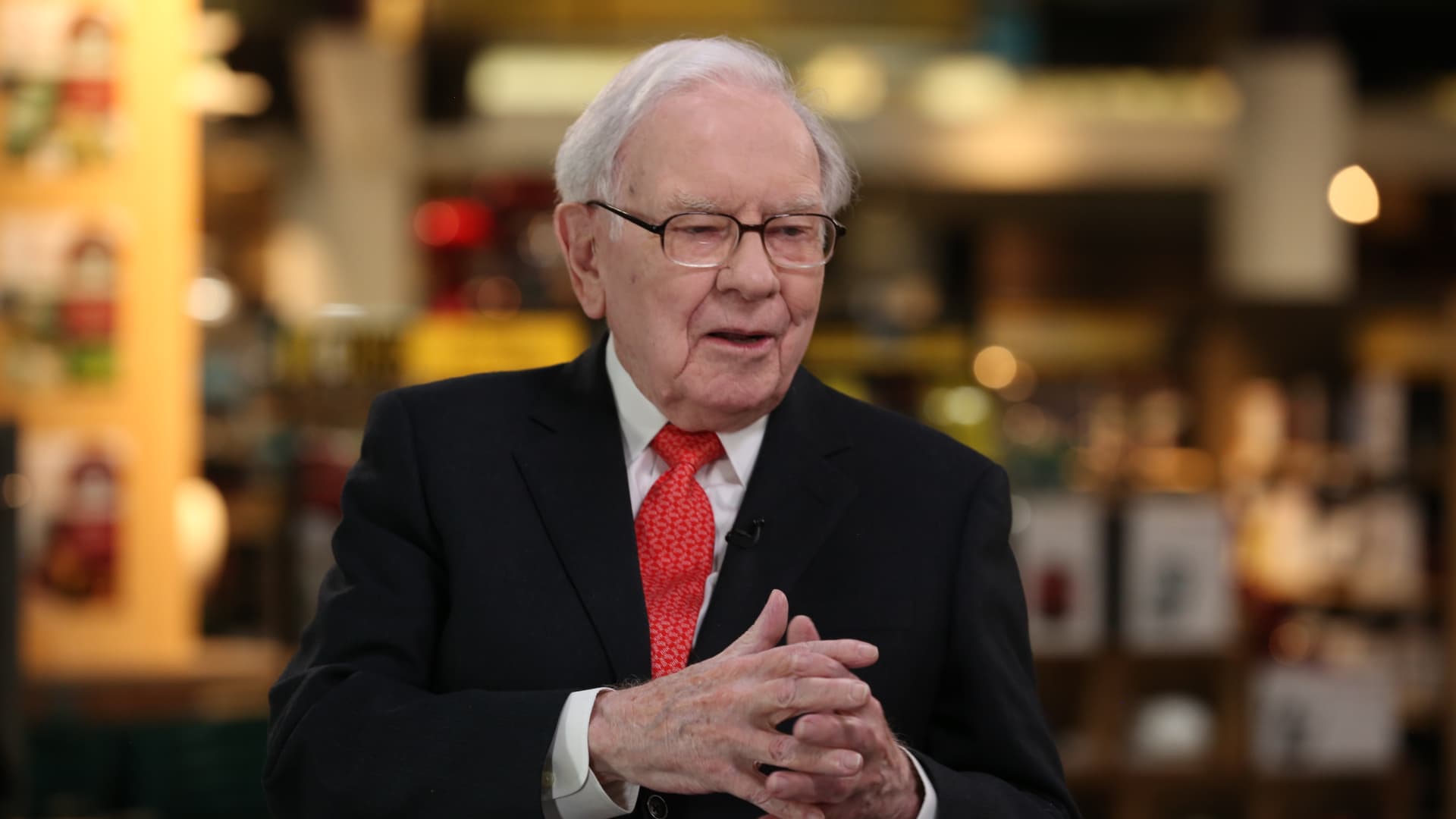Unilever increased its prices by 12.5 per cent in the third quarter from a year earlier, its highest-ever quarterly rise, becoming the latest consumer goods maker to pass steep cost inflation on to customers.
The maker of Magnum ice cream, Cif cleaning products and Dove soap also warned of falling sales volumes as squeezed consumers economise on household essentials.
The company said on Thursday that sales volumes had declined 1.6 per cent during the quarter and warned they were also likely to shrink in the final three months of the year.
Other consumer goods groups have also pushed up prices and reported falling sales volumes as households, particularly in Europe, grapple with the rise in costs.
Pointing to a “mixed” outlook for the global economy, Unilever chief executive Alan Jope said: “We expect the challenges of high inflation to persist in 2023.”
Graeme Pitkethly, the company’s chief financial officer, said consumers in Europe were particularly affected by inflation in basic goods and energy because of the war in Ukraine. “Consumer sentiment in Europe is at an all-time low,” he added.
Dutch brewer Heineken said on Wednesday that European consumers were cutting their spending on alcohol, warning of “early signs of demand slowdown” in the region.
Jope said some households were switching to supermarket own brands for ice cream, cleaning products and some food, but that “in aggregate there is no significant switch to private label in our sectors”.
“The consumer is going to be under pressure for sure. The northern hemisphere winter is coming and energy bills will certainly be higher,” he said, adding that the downturn was so far mitigated by high levels of employment.
Unilever achieved higher price growth than analysts had expected, with a smaller volume decline, enabling it to raise its full-year forecast for underlying sales growth to more than 8 per cent. The strong dollar helped the group record its highest turnover to date at €15.8bn for the quarter.
However, Pitkethly said the group had not passed on all the inflation it faced in input costs, which meant it expected its full-year margin to decline 2.4 percentage points to 16 per cent.
He added that Unilever expected another €2bn of net materials inflation in the first half of 2023, following €4.5bn of additional costs in 2022.
Analysts said the latest numbers suggested a management reorganisation dividing Unilever into five business groups was proving effective.
Alicia Forry, an analyst at Investec, said: “Importantly, underlying volume growth improved in four of the five business groups . . . despite more pricing being taken, which suggests the strength of the businesses is improving following the reorganisation of the operations, which completed over the summer.”
Unilever has had a turbulent year following investor discontent over a failed bid for the consumer health division of GSK, with Jope announcing that he would retire at the end of 2023 and activist investor Nelson Peltz joining its board.
Jope has also faced pressure over the group’s Russian operations. Since Russia invaded Ukraine, Unilever has ceased to invest in its operations or import products there but still sells a range of brands, including ice cream.
“Our position on Russia has not changed. We’ve drawn an economic ring around it,” he said on Thursday.
Rival foodmaker Nestlé reported price increases of 7.5 per cent in the first three quarters of 2022, its biggest rise in decades, while its real internal growth — a measure of sales volumes and consumer product choices — slid 0.2 per cent in the third quarter.
Household products maker Reckitt Benckiser said this week it had increased prices by almost 10 per cent in the quarter, but its sales volumes have fallen 4.6 per cent.






